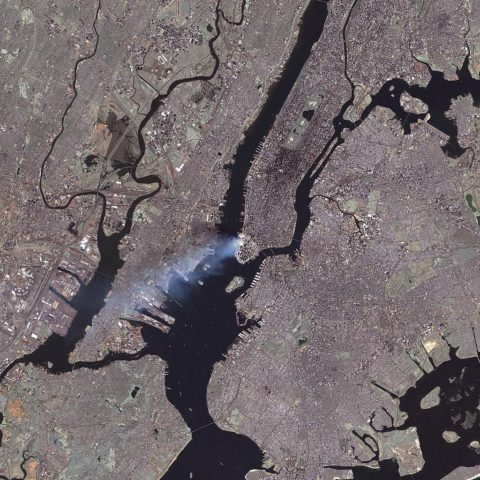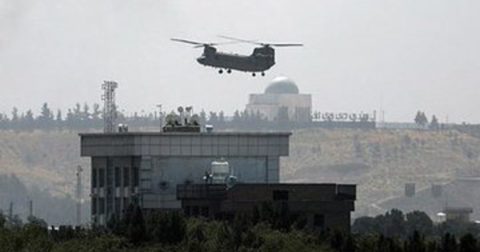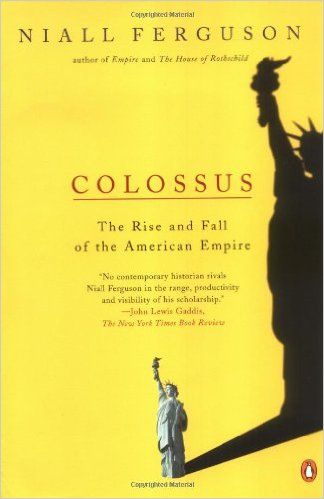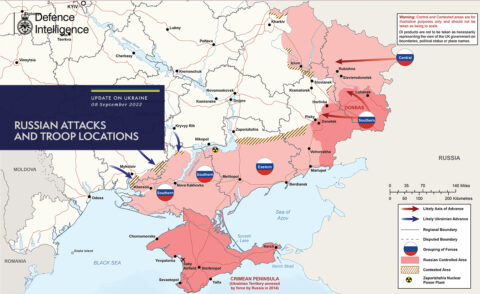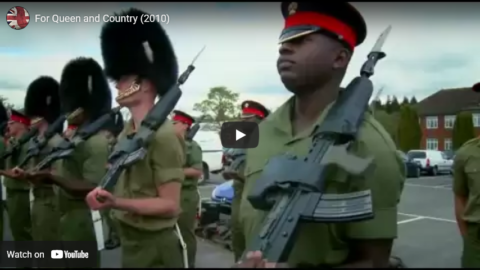As if there wasn’t already enough to be ashamed about in Canada’s part in the shambolic retreat from Kabul in August of 2021, yet more discreditable actions have come to light recently:

On the second day of the Taliban’s rule in Kabul, the front of Hamid Karzai International Airport was crowded with people trying to travel abroad, but were stopped by Taliban militants, 17 August, 2021.
Public domain image from VOA via Wikimedia Commons.
Last week it came to light through the reporting of Steven Chase and Robert Fife at the Globe and Mail that the then-minister of national defence, Harjit Sajjan, directed the Canadian Armed Forces (CAF) to divert resources during the evacuation of Afghanistan to assist Afghan Sikhs and Hindus leave the collapsing state. What is important to emphasize is how another group, the interpreters and other individuals who directly assisted the Canadian mission, were treated before, during, and after the mission—as well as the shambolic nature of how the evacuation effort unfolded.
Rather than this affair just being a story about a single minister allegedly influencing a poorly planned evacuation for his own partisan interests, the entire episode suggests something more banal and disgraceful about Canada’s foreign policy, both before the crisis and in response. Even in the years and months leading up to the fall of Kabul in August 2021, at nearly every turn the government sought to avoid any responsibility to assist interpreters and others until it became politically untenable to continue that policy.
At the same time, policy amendments were made to assist the Afghan Sikh and Hindu population—a group with strong domestic political backing here in Canada. Indeed, further reporting from Fife and Chase has revealed that Afghan Sikh sponsors even donated to Sajjan’s riding association during the evacuation campaign. Overall, it was these partisan considerations held across the governing Liberal Party that influenced the outcome of events in the retreat from Afghanistan, with terrible consequences for those people who needed Canada’s help the most.
It is important to start by explaining why the Afghan interpreters have become such a focus for many within Canadian society. These individuals put their lives at unimaginable risk to help Canada’s mission in the belief that they were helping to build a better Afghanistan. It explains why so many Canadian Armed Forces members and other individuals who worked in Afghanistan have been so vocally committed to bringing these individuals out of the country.
While Afghan interpreters have commanded the greatest attention in the public’s view since the fall of Kabul, it is a bit misleading to focus solely on them. Local aid workers who undertook program delivery for the government were in many ways as essential for Canada’s objectives as translators, and just as exposed to blowback. They were often the public face for socially liberal programs in a deeply conservative Afghan society and constantly faced retribution for their actions. Thus it is more accurate to use the government of Canada’s collective terminology for these individuals: former locally engaged staff.
They often quite literally put their lives on the line to help Canada’s cause, yet when they needed us most, the government refused to prioritize their aid, effectively abandoning them.


